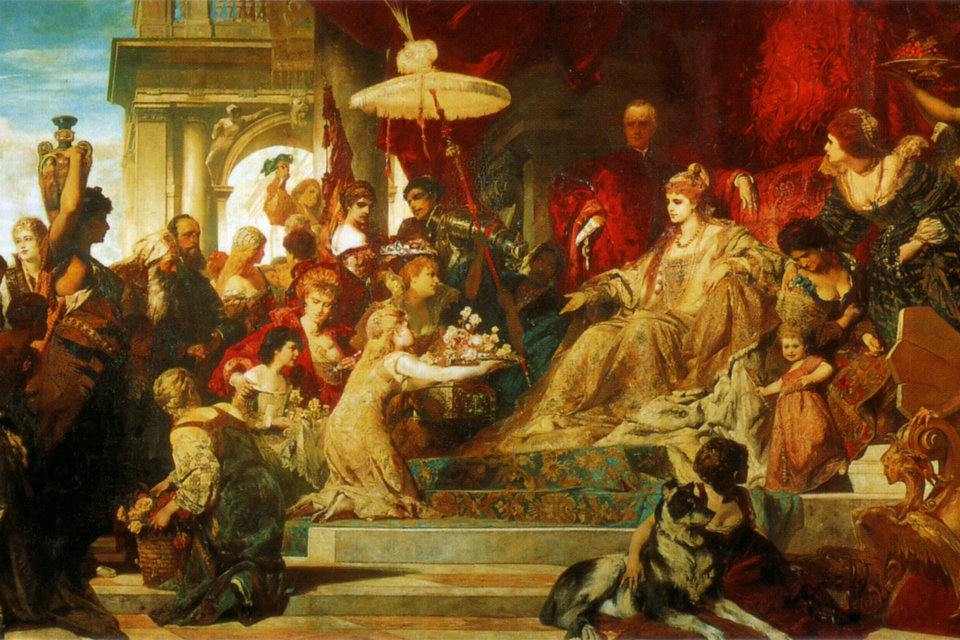The romantic religious revival was marked at the institutional level by the pope’s reestablishment in 1814 of the Jesuit order, whose suppression in 1773 had been viewed as one of the great victories of the Enlightenment. Catholicism gained many converts among romantic writers, particularly in Germany, and the Protestants also made gains.
Pietism found new strength in Germany and Russia. In England Coleridge vigorously defended the established church, while also introducing the new German idealist philosophy. Chief among these romantic German philosophers was G. W. F. Hegel (17701831). Like Kant, Hegel attacked the tendency of the Enlightenment to see in human nature and history only what met the eye.
Human history, properly understood, was the history of efforts to attain the good, and this in turn was the unfolding of God’s plan for the world. For Hegel, history was a dialectical process—that is, a series of conflicts; the two contending elements in the conflict were the thesis, the established order of life, and the antithesis, a challenge to the old order.
Out of the struggle of thesis and antithesis emerged a synthesis, no mere compromise between the two but a new and better way—a combination that was another step in humanity’s slow progress toward the best of all possible worlds. In turn, the synthesis broke down by becoming conventional and unproductive; it became locked in conflict with a new antithesis, and the dialectic produced another synthesis— and so on and on.
The dialectical philosophy of history was the most original and influential element in Hegel’s thought; it would help to shape the dialectical materialism of Karl Marx. Still, Hegel was once even more famous as a liberal idealist. His emphasis on duty, his choice of Alexander the Great, Caesar, and Napoleon as “world-historical” heroes, his assertion that the state “existed for its own sake”—all suggest a link with authoritarianism. Yet Hegel foresaw the final synthesis of the dialectic not as a brutal police state but as a liberalized version of the Prussian monarchy.

